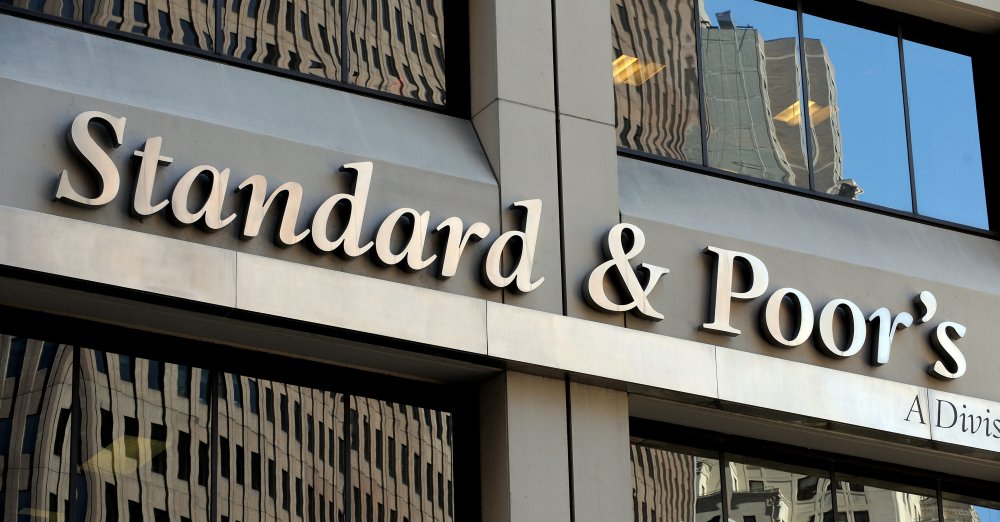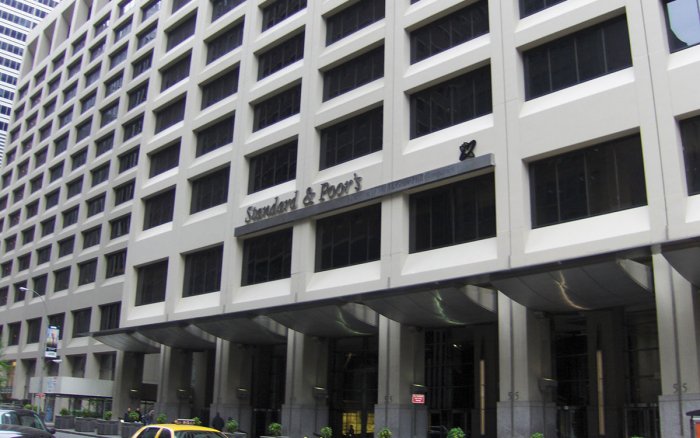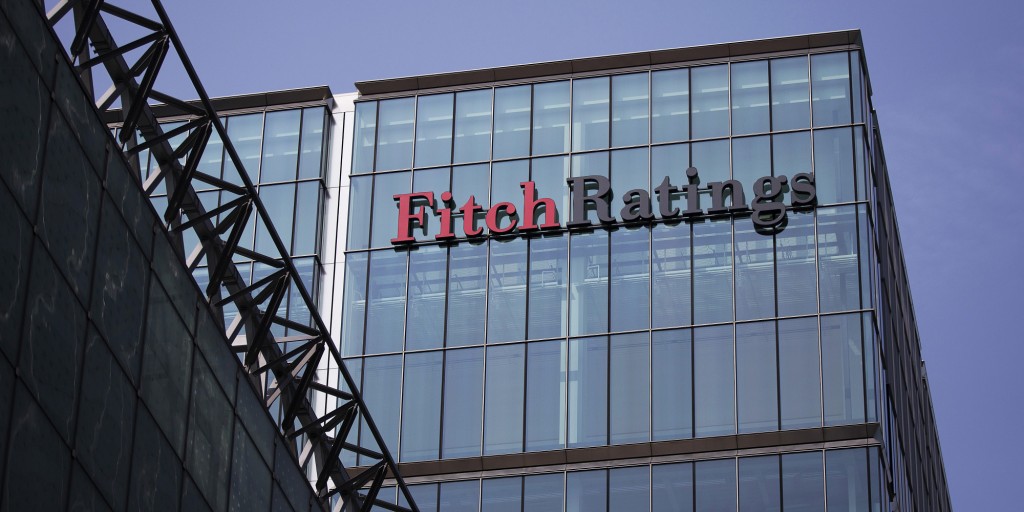S&P changes outlook on Hungary rating to stable from positive

S&P Global Ratings on Tuesday affirmed Hungaryʼs "BBB" sovereign rating but changed the outlook to stable from positive because of pandemic-related risks, state news wire MTI reports.
The rating action was not taken during a scheduled review, but S&P noted that it is allowed by European Union regulations to make deviations from its announced calendar under limited circumstances.
In the case of the action on Hungaryʼs rating, these circumstances include S&Pʼs revision of the countryʼs economic growth outlook, changes to the fiscal trajectory and monetary stimulus responses in 2020 and 2021, the rating agency said.
"We believe that the negative repercussions of the public health emergency have moved risks to Hungaryʼs sovereign credit quality over the next 24 months into balance. The stable outlook reflects our view that downside macroeconomic risks stemming from the COVID-19 pandemic will be mitigated by the countryʼs strong policy response and projected economic rebound in Hungaryʼs key trading partners in 2021. The outlook also reflects our expectation that fiscal deficits will remain contained after the one-off expansion in 2020," S&P said, commenting on the change in outlook.
If the economic downturn results in a more permanent weakening of Hungaryʼs public finances that would put state debt on a firm upward path, or if it puts pressure on Hungaryʼs balance of payments performance, S&P could weigh a negative rating action.
If, following the temporary shock, Hungaryʼs economic performance were to return to its previous strong trajectory, boosting its income levels without creating external or fiscal imbalances, S&P could consider a positive rating action.
S&P projects Hungaryʼs economy will contract 4% in 2020, but noted that the government and the central bank have introduced measures to cushion the impact of the pandemic on the economy.
"Despite these measures, the pandemicʼs effects will be severe and its overall effect will primarily depend on the timing and speed of the recovery, which we currently expect to start in the second half of 2020," S&P said.
The agency forecasts a rebound to 4.8% growth in 2021, then a slowdown to growth rates of 2%-2.5% after that.
S&P said the unemployment rate, which was 3.4% in 2019, one of the lowest levels in the EU, could climb over 7%, noting that general government deficit could widen to around 5% of GDP in 2020, raising state debt, relative to GDP to "just below 70%" by year-end.
At the same time, S&P noted "significant improvements" in the governmentʼs debt profile thanks to policy measures that reduced the proportion of FX debt and raised residentsʼ holdings of debt.
The current account deficits "should remain contained and overfunded by nondebt inflows", S+P said.
The agency said Hungaryʼs banking system appears to be "well-capitalized, profitable, and liquid".
S&P said an "emergency law", allowing the prime minister "to rule by decree", "reinforces our view that checks and balances between different public institutions remain limited and could make future policy responses less predictable".
The agency acknowledged that Parliament retains the right to revoke the law which includes no specific sunset clause.
S&P said previous "unconventional measures" by the Orban government had helped reduce the economyʼs vulnerability but were aided by a favorable growth environment. Other measures, such as sectoral taxes that have "disproportionately fallen upon foreign investors", "could...be detrimental to long-term growth performance by reducing competition", it added.
"These restrictive actions do not appear to have made Hungary less attractive to foreign investors in manufacturing (including car-making) and we previously did not observe that these measures had resulted in weaker net foreign direct investment (FDI) inflows," S&P conceded.
The agency had previously modified the outlook on Hungaryʼs sovereign rating on February 14, 2020, to positive from stable. S&Pʼs next review of Hungaryʼs rating is scheduled for August 14, 2020.
SUPPORT THE BUDAPEST BUSINESS JOURNAL
Producing journalism that is worthy of the name is a costly business. For 27 years, the publishers, editors and reporters of the Budapest Business Journal have striven to bring you business news that works, information that you can trust, that is factual, accurate and presented without fear or favor.
Newspaper organizations across the globe have struggled to find a business model that allows them to continue to excel, without compromising their ability to perform. Most recently, some have experimented with the idea of involving their most important stakeholders, their readers.
We would like to offer that same opportunity to our readers. We would like to invite you to help us deliver the quality business journalism you require. Hit our Support the BBJ button and you can choose the how much and how often you send us your contributions.








